Talkie AI makes creating virtual characters easy, engaging, and incredibly personalized. With its intuitive tools, users can design characters with unique traits, voices, and personalities. Whether you want a virtual friend, mentor, or role-play companion, Talkie AI allows you to tailor every aspect to suit your preferences.
This feature goes beyond customization by enabling characters to evolve over time based on interactions, making them feel more real and relatable. Talkie AI’s advanced privacy and security features ensure a safe environment while offering cutting-edge options like voice cloning and multilingual support.
Explore how Talkie AI sets itself apart from competitors and redefines the future of virtual companions.
➤ What is Character Creation?
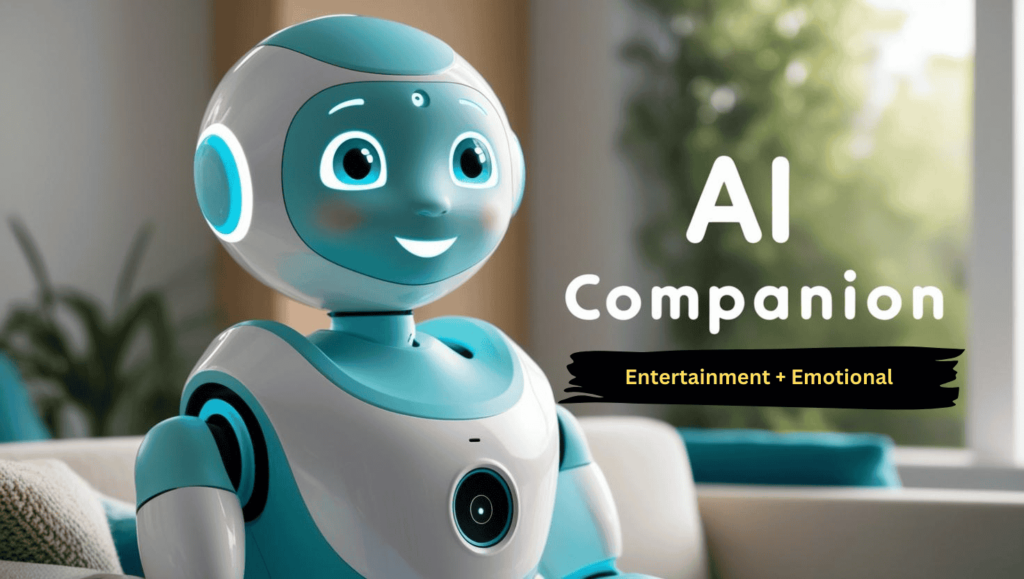
Character creation is the process of designing virtual personalities or avatars, often used in AI systems, games, or interactive platforms. It involves defining traits, behaviors, and visual elements that make each character unique. In Talkie AI, this means creating an AI companion tailored to your needs, whether it’s for entertainment or emotional support. Role-playing games like The Sims allow users to design characters with unique backstories and traits. Unlike basic chatbot tools, Talkie AI offers deeper customization with real-time AI learning, surpassing simpler platforms like Replika. Learn more about virtual companionship and how Talkie AI is redefining character creation
➤ Importance of Customization
Customizable characters let users feel more connected to their AI, as they can design every detail to suit their preferences. This engagement boosts user satisfaction and retention. Snapchat’s Bitmoji allows users to create avatars resembling themselves. Compared to generic AI chatbots, Talkie AI focuses on deep personalization, while competitors like ChatGPT lack such tailored features.
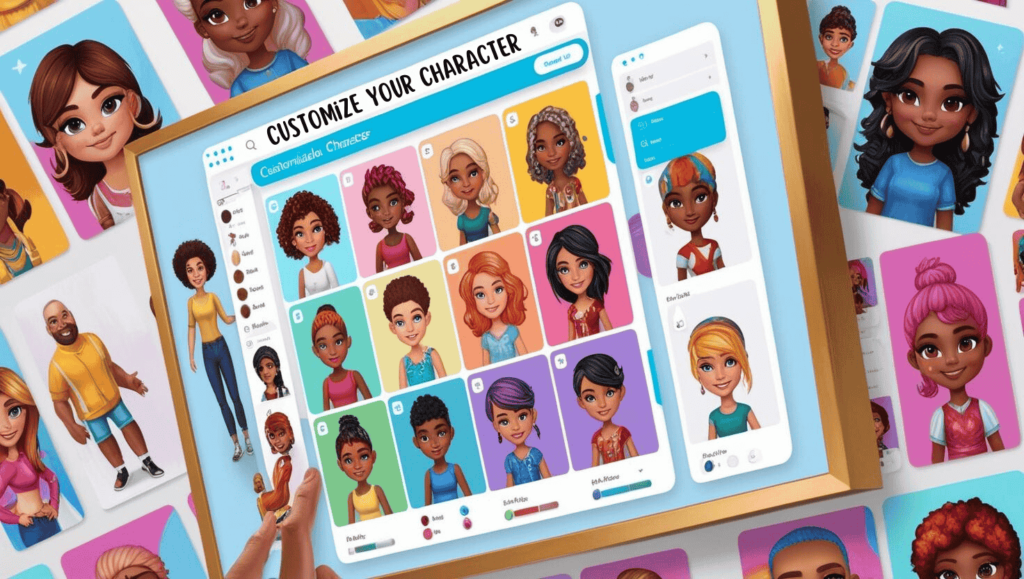
➤ Setting Character Goals
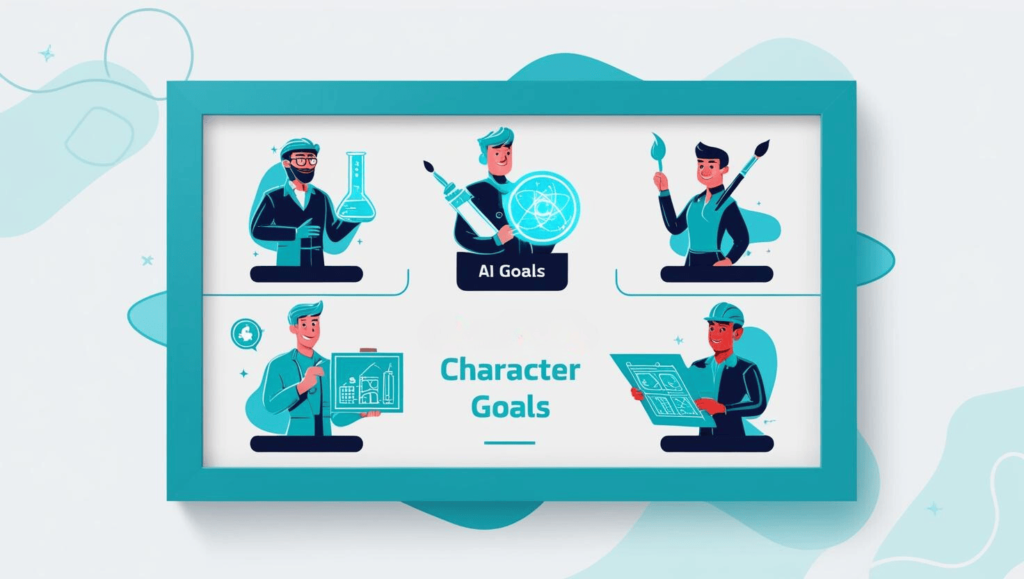
Defining the character’s purpose is crucial. Is the AI a friend, teacher, or entertainer? This goal shapes how the character behaves and interacts. Talkie AI supports flexible roles depending on the user’s intent. Educational platforms like Duolingo use characters as language tutors. Talkie AI allows users to set and evolve character goals, whereas alternatives like Mitsuku or Chai focus on predefined roles.
➤ Character Backstory
A rich backstory adds depth, making characters more relatable and realistic. Users can define histories, from their childhood to career paths, to shape their personality. In Dungeons & Dragons, character backstories determine their motivations and choices. Talkie AI allows users to craft detailed backstories, unlike platforms that rely on generic templates.
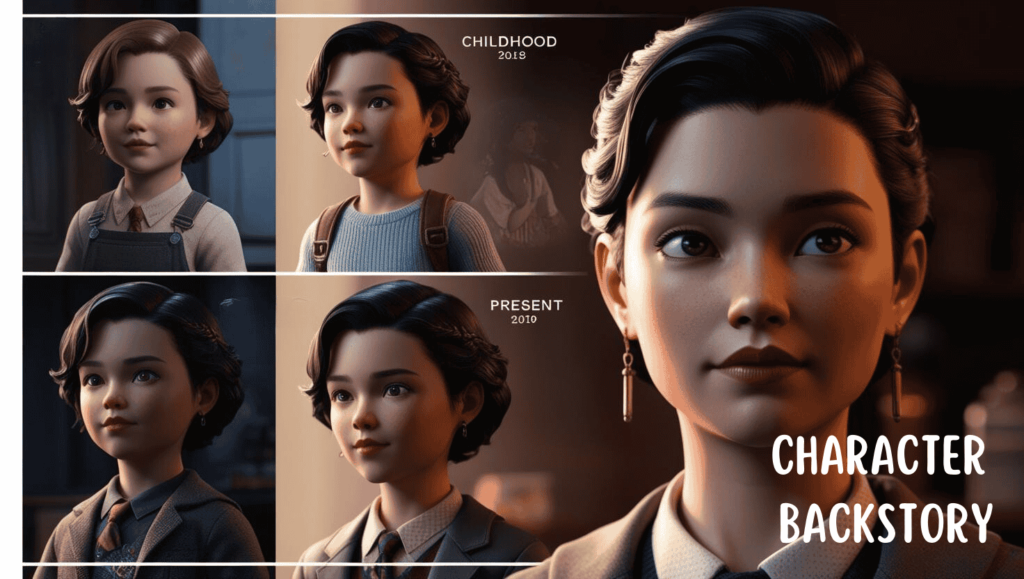
➤ Defining Personality Traits
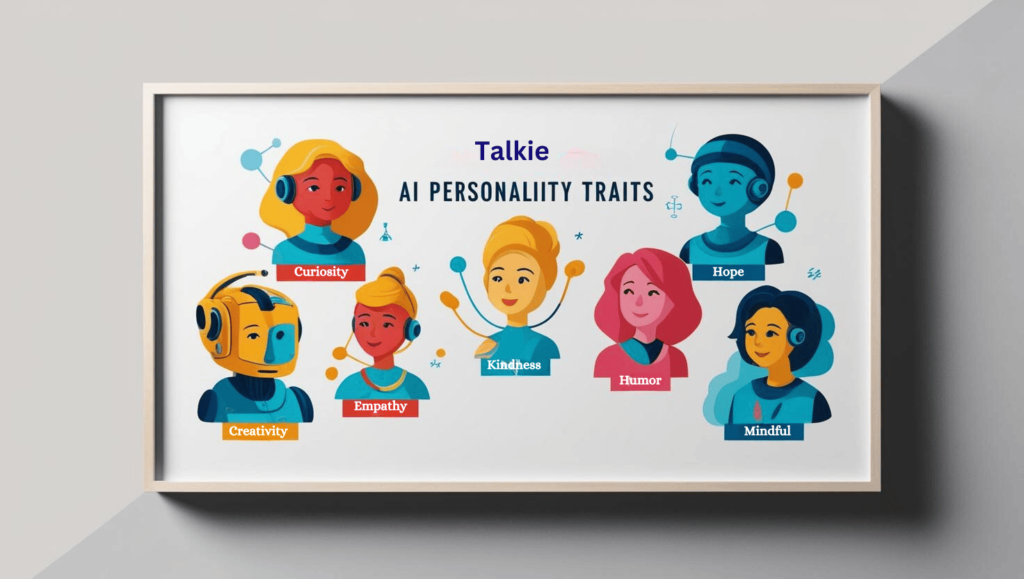
Personality traits like kindness, humor, or curiosity help shape how a character responds. With Talkie AI, users can fine-tune these traits for tailored experiences. Siri’s witty personality is a preset trait designed to engage users. Talkie AI lets users define traits manually, whereas alternatives often use pre-programmed personalities.
➤ Incorporating Emotional Intelligence
Emotional intelligence ensures characters respond empathetically, recognizing and adapting to human emotions. Talkie AI excels here, creating meaningful connections. Mental health apps like Woebot use AI with emotional intelligence to provide therapy-like support. Unlike Replika, which can struggle with complex emotions, Talkie AI adapts more intuitively in real time.
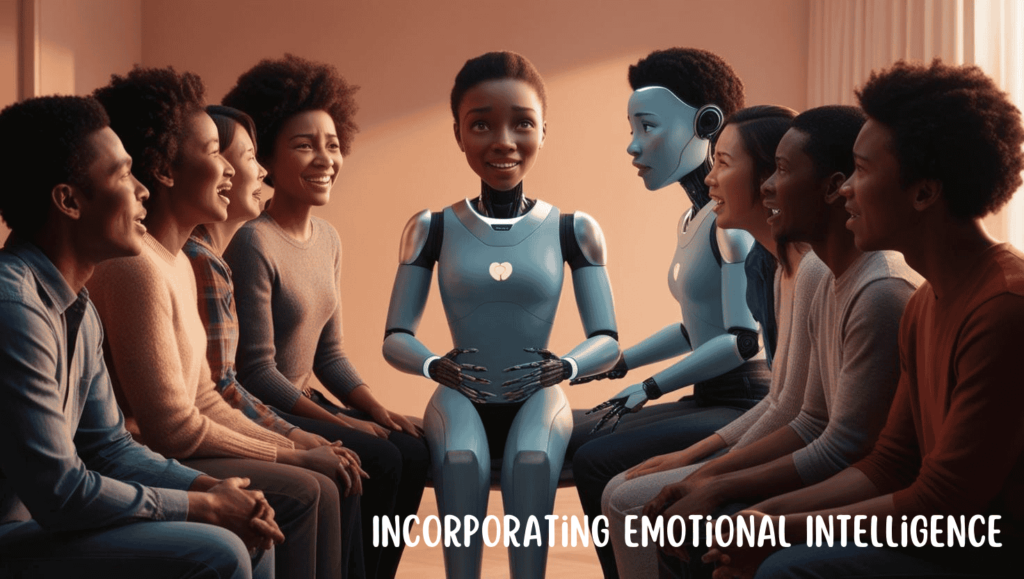
➤ Customizing Visual Features
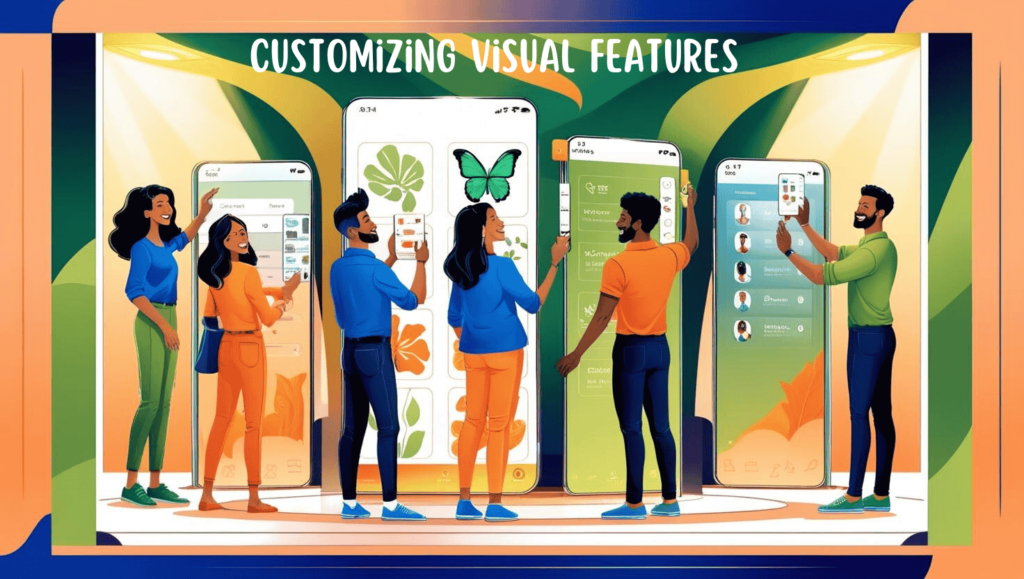
Visual elements like avatars or expressions enhance immersion. Talkie AI allows users to create lifelike or animated characters, boosting engagement. Platforms like Zepeto let users customize 3D avatars for social interactions. While some competitors limit customization to basic avatars, Talkie AI offers detailed visual personalization.
➤ Voice Personalization
Custom voices add a personal touch, making characters more relatable. Talkie AI’s voice integration provides options to adjust tone, pitch, and style, ensuring unique voices. Google Assistant offers multiple voice options to suit user preferences. Unlike tools like Microsoft’s Azure AI, which focus on corporate use, Talkie AI prioritizes personal voice interactions
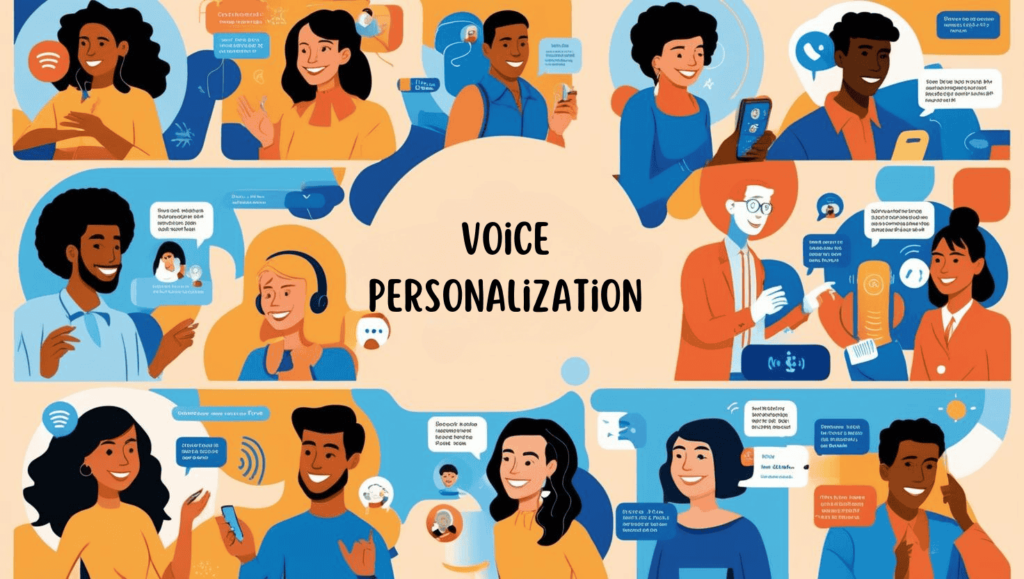
➤ User Preferences Integration
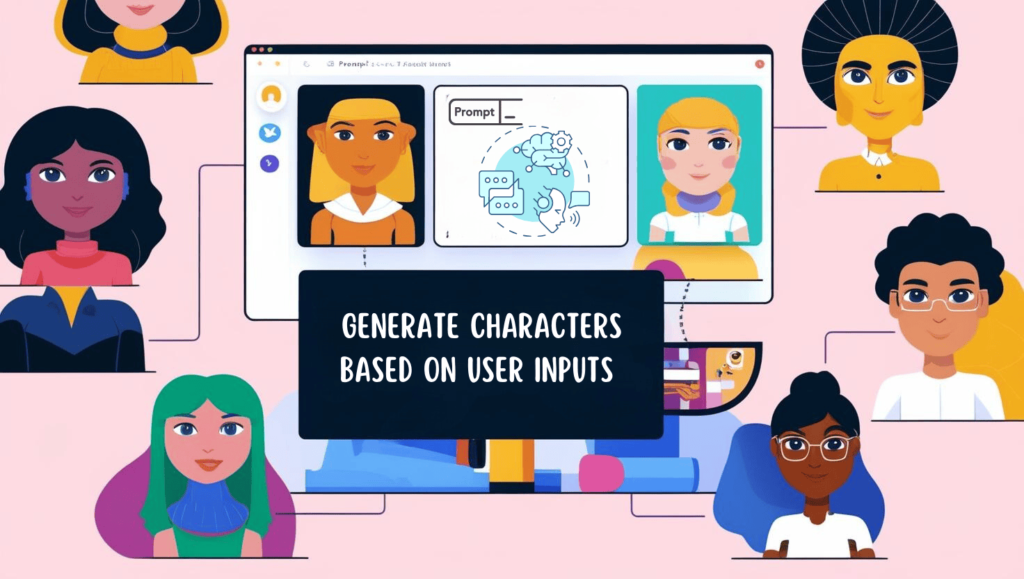
Talkie AI adapts characters based on user inputs, like preferences, behavior patterns, or feedback. This ensures ongoing relevance and connection. Netflix uses recommendation algorithms, akin to how Talkie AI tailors personalities. Talkie AI offers deeper adaptability than traditional chatbots like Cleverbot, which lack learning capabilities.
➤ Role Of AI in Character Design
AI ensures characters evolve, learning from user interactions to improve their behavior. Talkie AI uses this technology for real-time adjustments, making characters feel alive. Video games like Cyberpunk 2077 use AI to create characters that react dynamically to player choices. Talkie AI stands out with its advanced AI, while platforms like Character.AI may feel less adaptable.
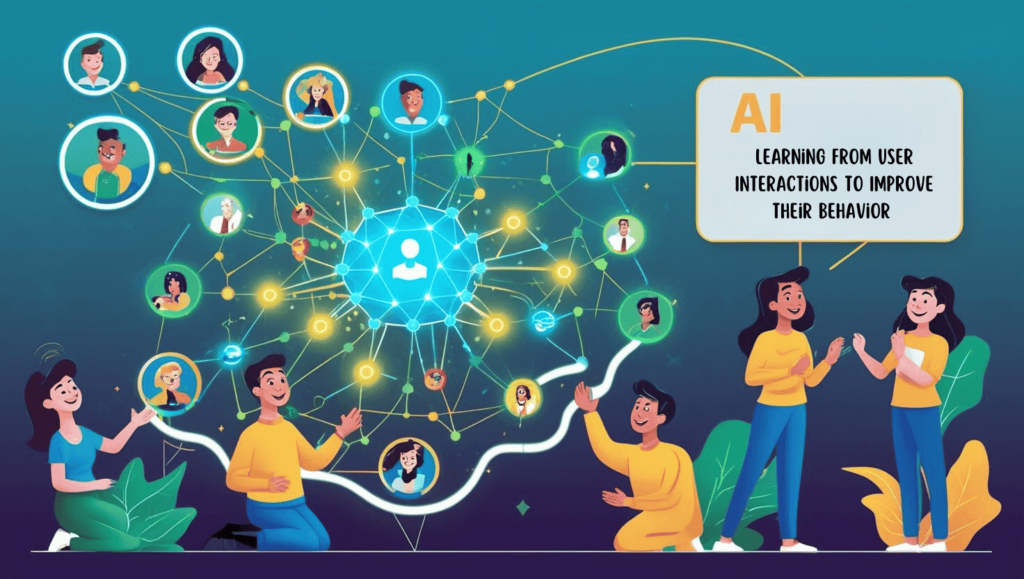
➤ Gamified Experience
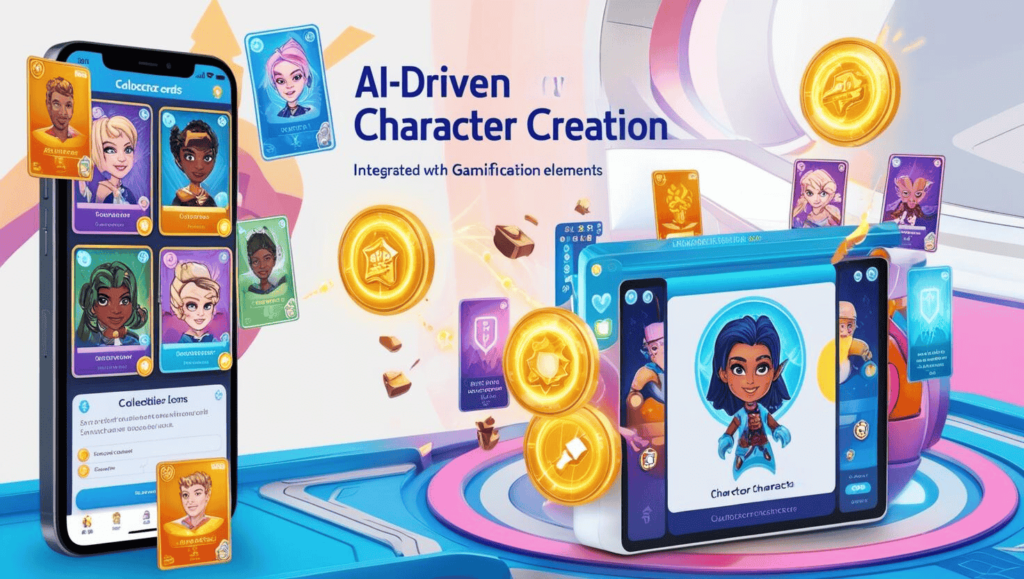
Talkie AI integrates gamification by introducing collectible cards, rewards, and achievements during character creation, making the process engaging and fun. These elements encourage users to interact more with the platform and unlock new features for their AI characters. Duolingo uses similar gamification tactics like streaks and badges to motivate language learners. Unlike static chatbot creation tools like Replika, Talkie AI adds layers of interaction and progression, making the experience more dynamic.
➤ Customizable Script for Actions
Users can define specific actions or behaviors for their characters through customizable scripts in Talkie AI. This allows a high level of control, enabling unique responses for various scenarios. Automation tools like IFTTT let users create personalized scripts to trigger specific actions. While some platforms like Character.AI allow limited adjustments, Talkie AI provides more granular control over behaviors.
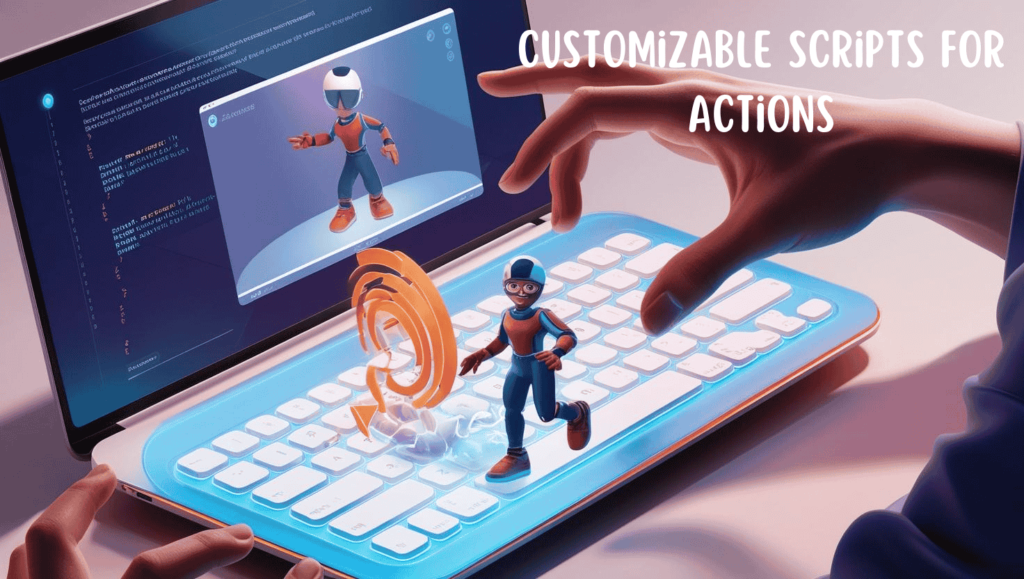
➤ Multimodal Interactions
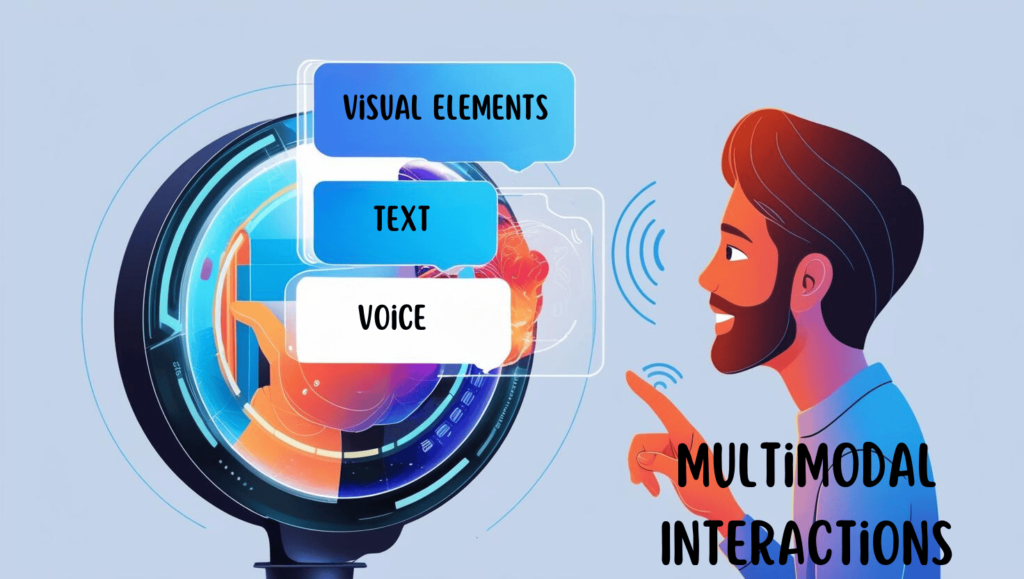
Talkie AI combines text, voice, and visual elements, offering a rich, immersive interaction experience. This approach allows users to feel as though they’re engaging with a real companion. Platforms like Zoom integrate video, voice, and text for seamless communication. Talkie AI’s multimodal integration surpasses text-based tools like ChatGPT, providing a more engaging user interface.
➤ Character Evolution Over Time
Talkie AI characters grow emotionally and intellectually based on user interactions. This evolution ensures the AI becomes more aligned with user preferences over time. Tamagotchi virtual pets evolve and change based on how they’re cared for. Unlike platforms like Cleverbot, which remain static, Talkie AI characters adapt and develop through continuous interaction.
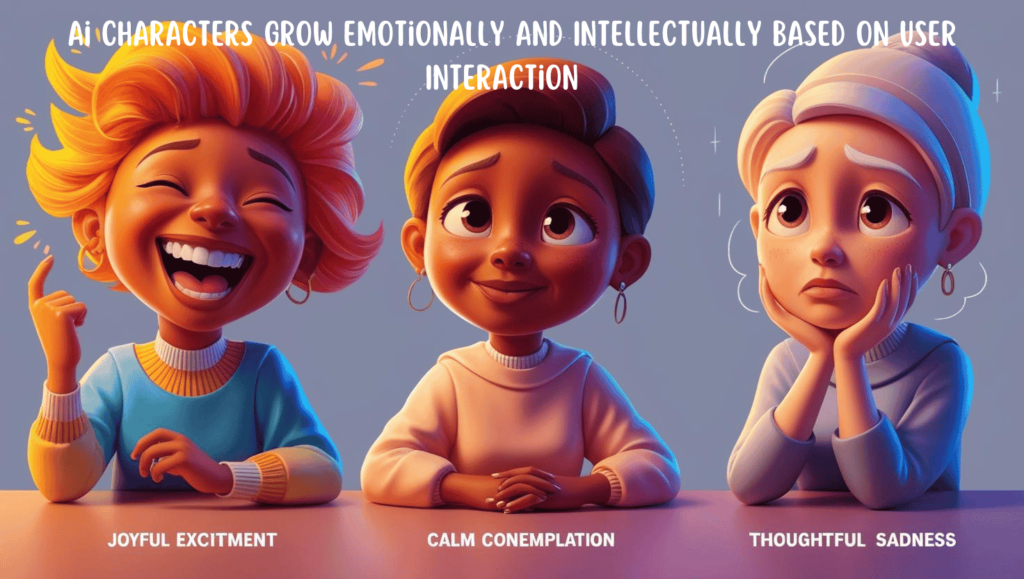
➤ Privacy and Security Controls
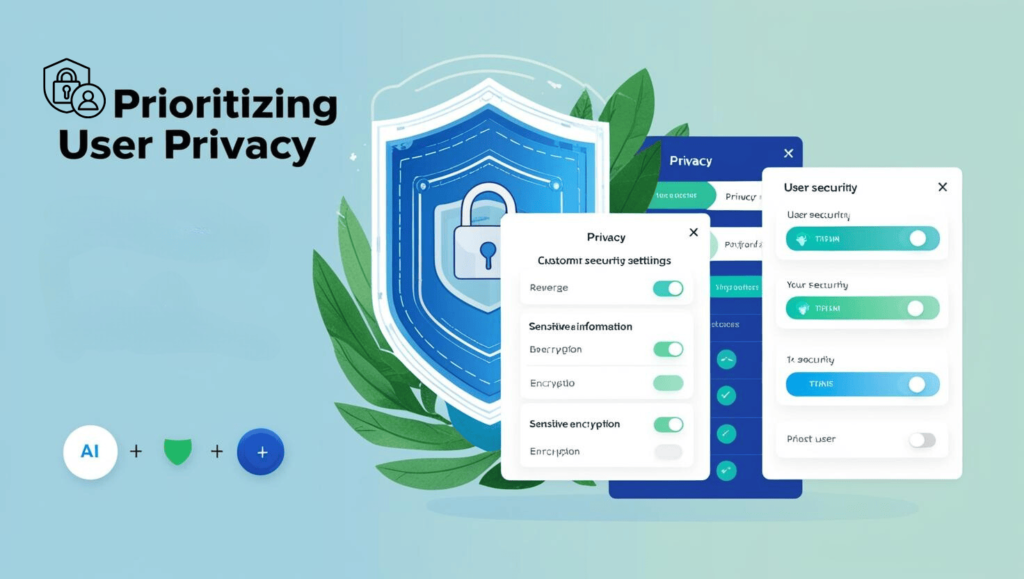
Talkie AI prioritizes user privacy, incorporating data encryption and customizable security settings. Users can control what information is shared or stored. Apps like Signal emphasize privacy by offering end-to-end encryption for user interactions. Unlike less secure alternatives, Talkie AI stands out with its focus on data protection during character creation.
➤ Character’s Role in Mental Health Support
Talkie AI characters can provide emotional support, acting as virtual companions that listen and respond empathetically. This makes them suitable for mental well-being use cases. Woebot offers AI-driven mental health support through conversational therapy. Talkie AI goes beyond simple responses, offering deeper empathy compared to platforms like Xiaoice.
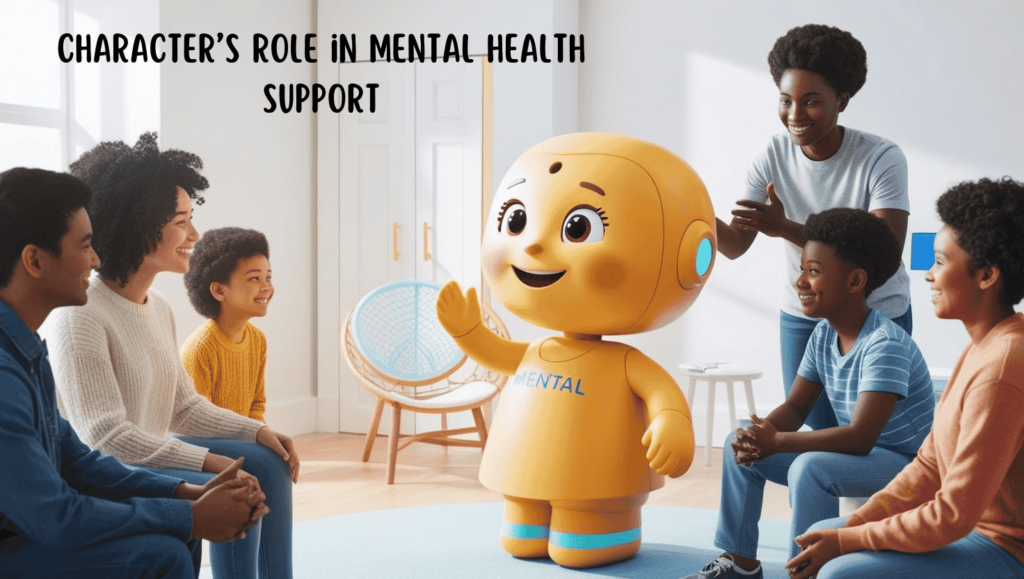
➤ Character Design for Specific Purposes
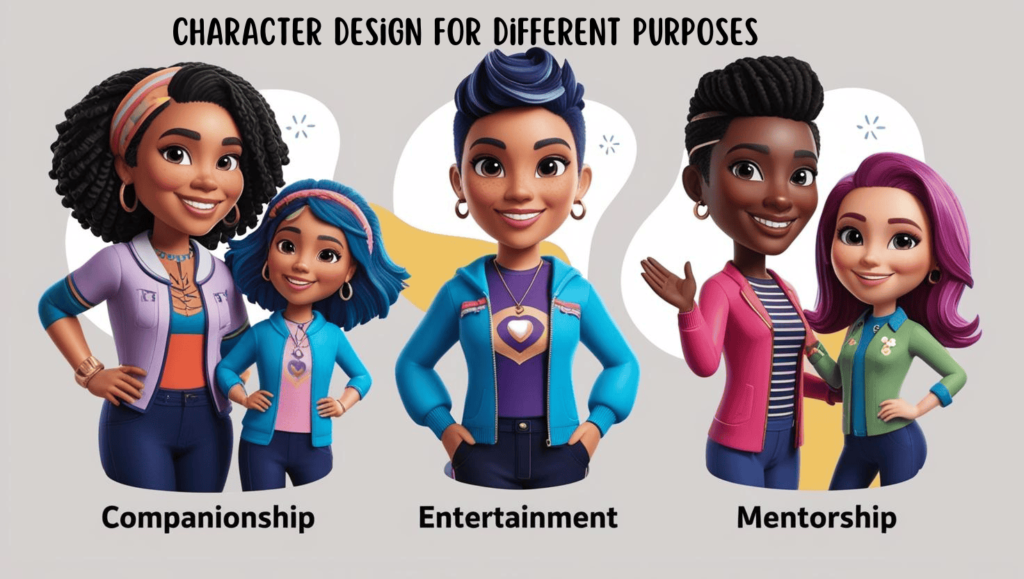
Users can design Talkie AI characters for roles like companionship, entertainment, or mentorship. This versatility makes them suitable for diverse applications. Video games like Mass Effect allow players to shape characters for different story roles. Unlike general-purpose bots like Siri, Talkie AI’s specificity allows for deeper character alignment with user needs.
➤ AI Customization for Different Needs
Talkie AI adapts its characters to various demographics, ensuring inclusivity across age, culture, or personal interests. Netflix personalizes content recommendations based on user preferences. Competitors like Chai lack advanced demographic-specific customization features found in Talkie AI.
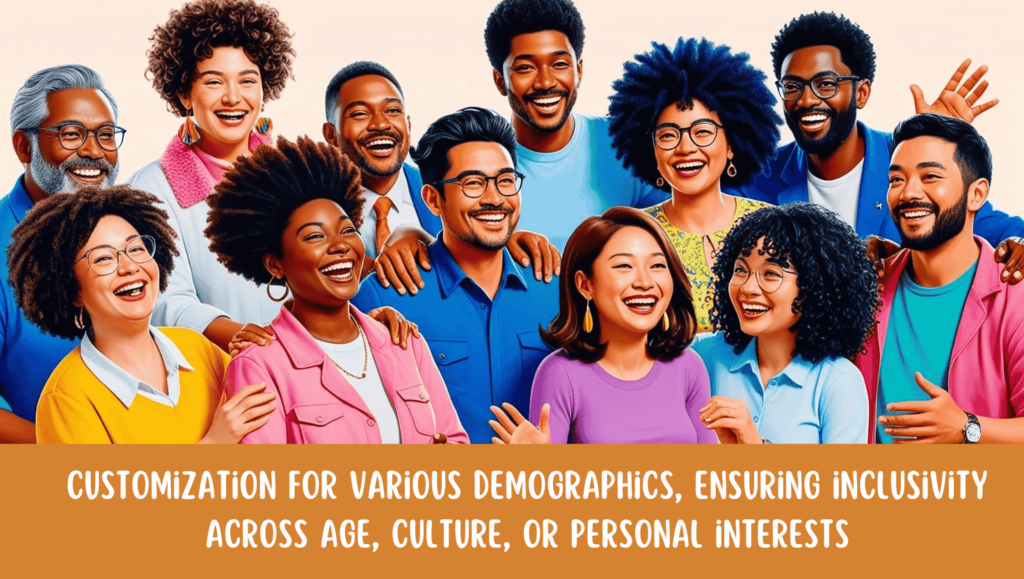
➤ Testing Character Interactions
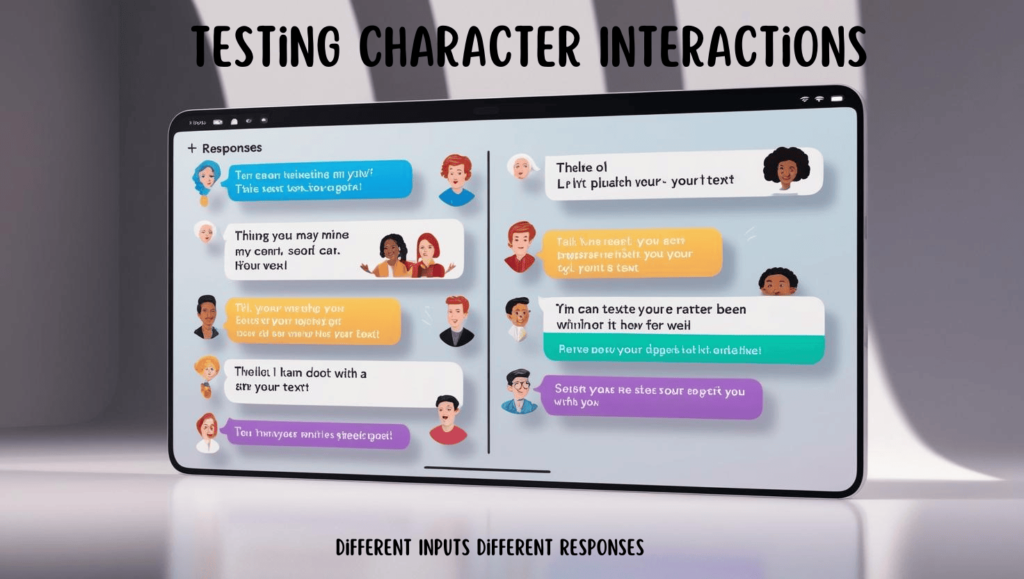
Talkie AI allows users to test how characters respond to different inputs, ensuring the desired behavior aligns with expectations. In software development, QA testing ensures functionality matches user requirements. Few competitors provide robust testing tools, making Talkie AI more user-friendly for character fine-tuning.
➤ Character Personality Frameworks
Talkie AI offers personality templates to help users create well-rounded characters quickly. These frameworks ensure distinct, consistent personalities for each character. Myers-Briggs Type Indicator (MBTI) serves as a framework to understand human personalities. Talkie AI’s structured templates make it easier to design characters compared to freeform platforms like GPT-based bots.
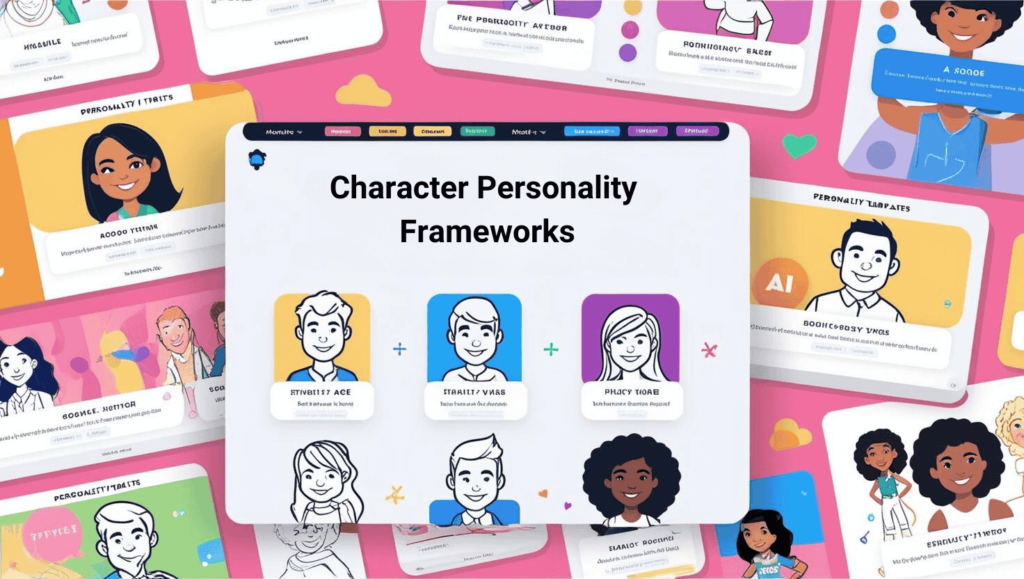
➤ Interaction with Other Talkie Characters
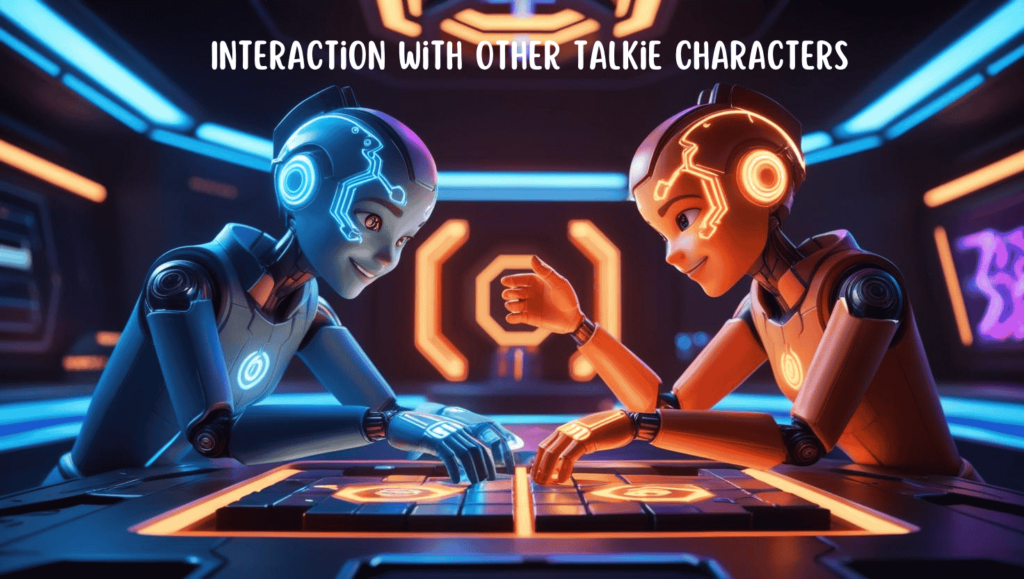
Talkie AI enables characters to interact within shared environments, allowing collaborative storytelling or teamwork. For example, two characters might work together in a game scenario or engage in a shared narrative. Similar to multiplayer video games like The Sims Online, where characters collaborate in dynamic settings. Platforms like Character.AI support one-on-one interactions but lack Talkie AI’s collaborative environments.
➤Talkie AI’s Use of Data in Character Creation
Talkie AI uses user-provided data, such as interaction history and preferences, to improve character design and responses. This adaptive learning ensures characters grow more intuitive over time. Spotify uses listening data to curate personalized playlists, improving user experience. Talkie AI’s real-time data integration is more sophisticated compared to static AI chatbots like Cleverbot.
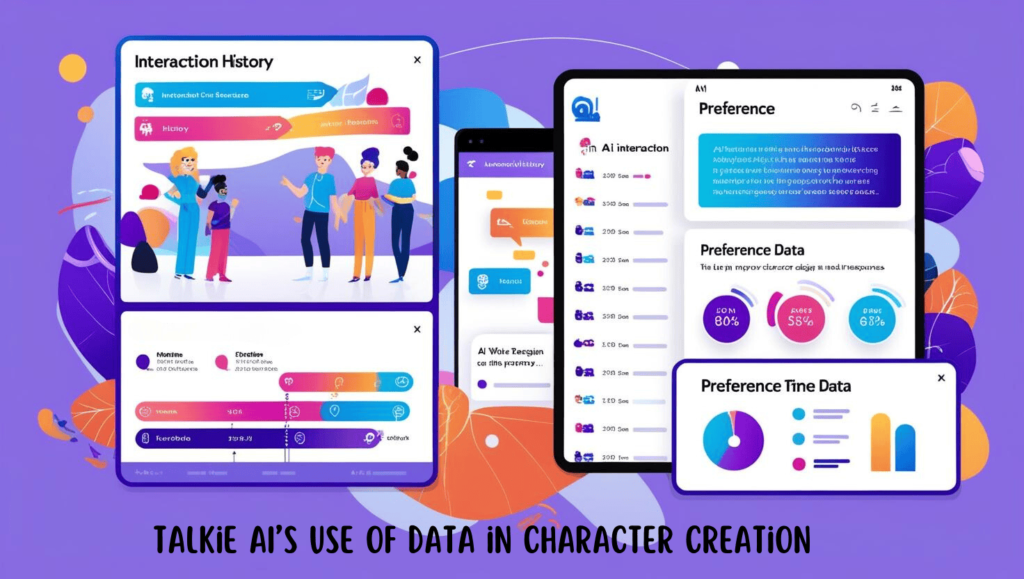
➤ Interaction with Other Talkie Characters

Talkie AI enables characters to interact within shared environments, allowing collaborative storytelling or teamwork. For example, two characters might work together in a game scenario or engage in a shared narrative. Similar to multiplayer video games like The Sims Online, where characters collaborate in dynamic settings. Platforms like Character.AI support one-on-one interactions but lack Talkie AI’s collaborative environments.
➤Voice Cloning for Unique Personalization
With voice cloning, users can replicate specific voice profiles for their characters, adding a personal touch. This feature is perfect for creating AI that feels unique and relatable. ElevenLabs provides voice synthesis for creating custom voice profiles. Unlike Siri or Alexa, Talkie AI offers granular control over voice customization.
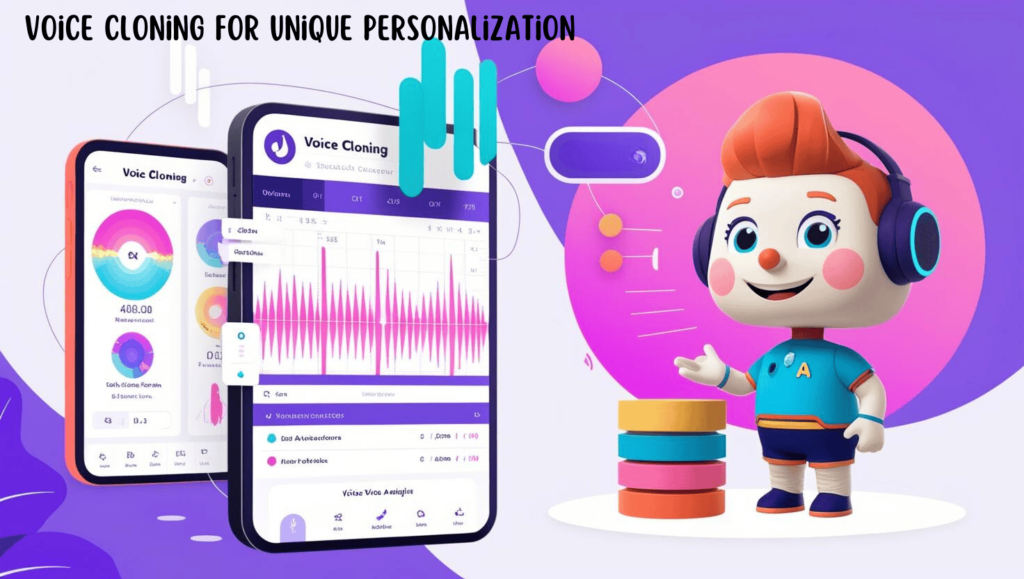
➤ User Feedback Mechanism
User feedback helps refine Talkie AI characters by adjusting behaviors and responses. Regular feedback loops ensure continuous improvement in interactions. Social media platforms like YouTube refine recommendation algorithms based on user feedback. Talkie AI’s feedback mechanism is more robust compared to preset bots that don’t adapt based on user input.
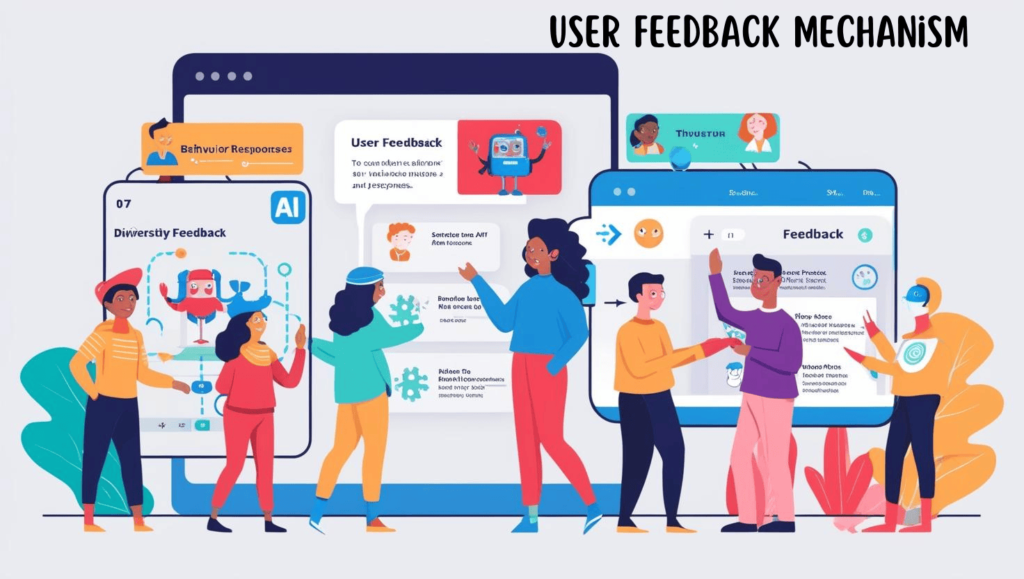
➤ AI for Different Languages
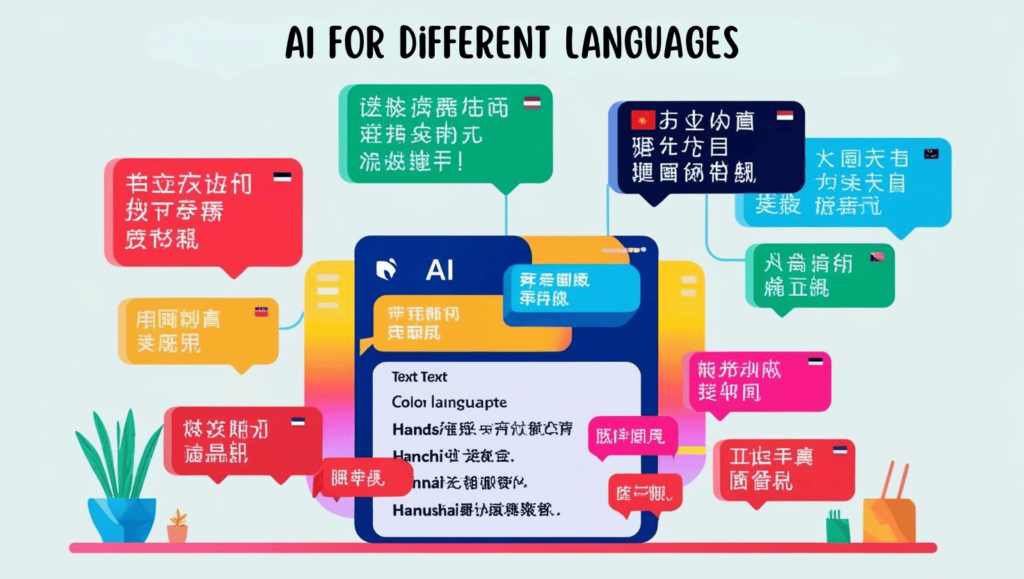
Talkie AI supports multilingual characters, enabling conversations in various languages and dialects, making it accessible to a global audience. Google Translate uses AI to bridge language gaps seamlessly. While competitors like ChatGPT support multiple languages, Talkie AI incorporates nuanced dialects and cultural adaptability.
➤ Creating Virtual Relationships
Talkie AI characters build deep connections by fostering trust, empathy, and shared experiences. These characters are designed to offer companionship and meaningful interactions. Apps like Replika focus on forming AI friendships with personalized traits. Talkie AI enhances relationships with features like voice cloning and shared environments, going beyond basic companionship.
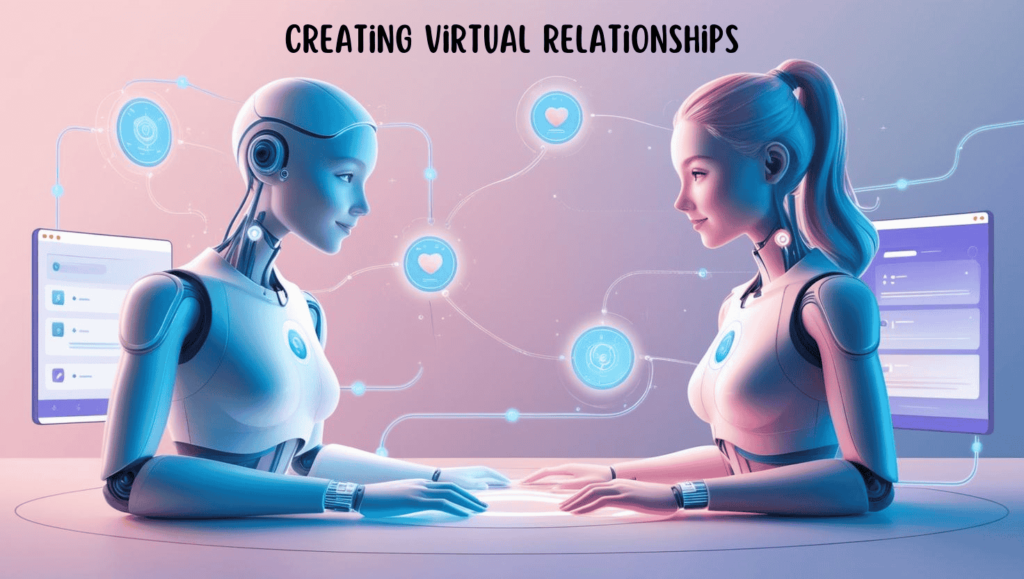
➤ AI and Role-playing Features
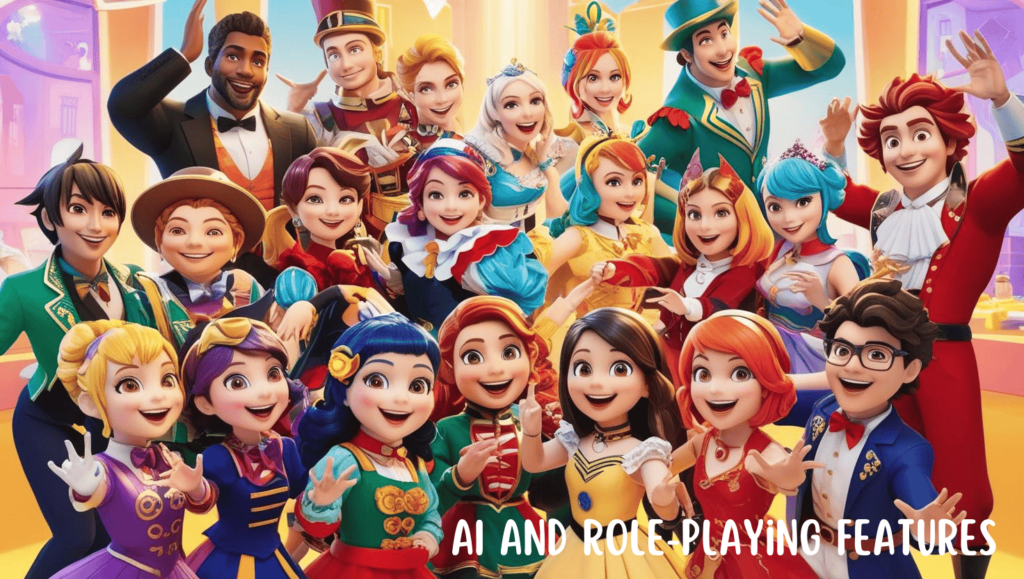
Talkie AI characters can engage in immersive role-playing scenarios, adding creativity and entertainment to user interactions. From storytelling to problem-solving, the possibilities are endless. Dungeons & Dragons combines storytelling and role-play for engaging experiences. Talkie AI’s features are more advanced than Character.AI, which lacks extensive role-playing tools.
➤ Simplicity in Character Creation Tools
Talkie AI offers beginner-friendly tools that simplify character creation without compromising complexity. Users can design dynamic characters with ease. Canva simplifies graphic design for non-professionals, much like Talkie AI simplifies AI character creation. Talkie AI’s interface is more user-friendly than traditional AI coding platforms like Dialogflow.
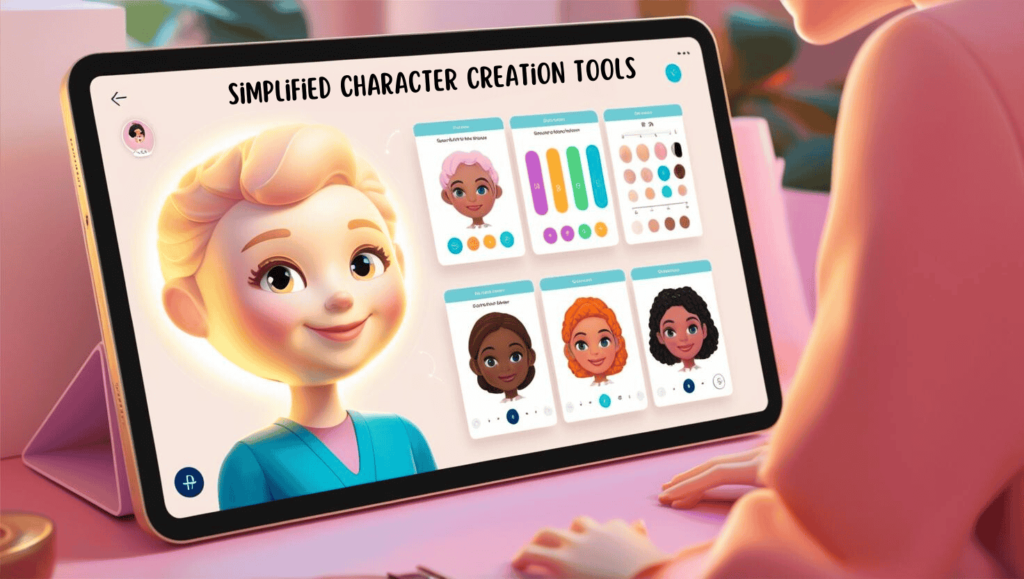
➤ User Control Over Character Development
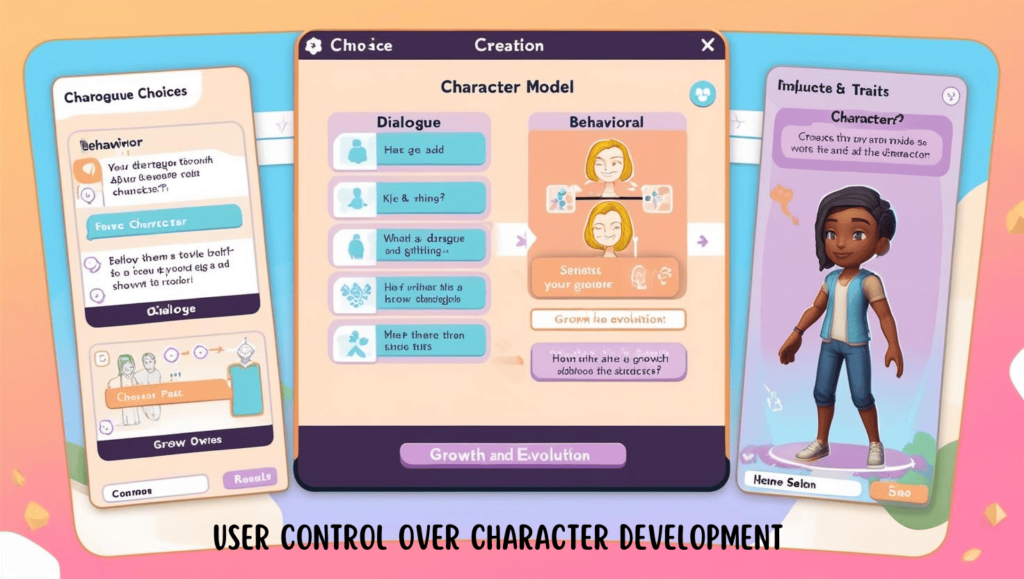
Talkie AI allows users to influence how characters grow and evolve by choosing dialogue options, behaviors, or new traits. RPG games like The Witcher 3 let players shape character growth through choices. Competitors often have rigid growth paths, whereas Talkie AI prioritizes user agency.
➤ Talkie AI’s Impact on the Future of Virtual Companions
Talkie AI is setting the stage for the next generation of virtual companions by combining personalization, adaptability, and emotional intelligence. The rise of voice assistants like Alexa and Google Assistant has paved the way for more advanced AI companions. Talkie AI’s focus on user engagement and customization sets it apart from competitors like Replika or ChatGPT.
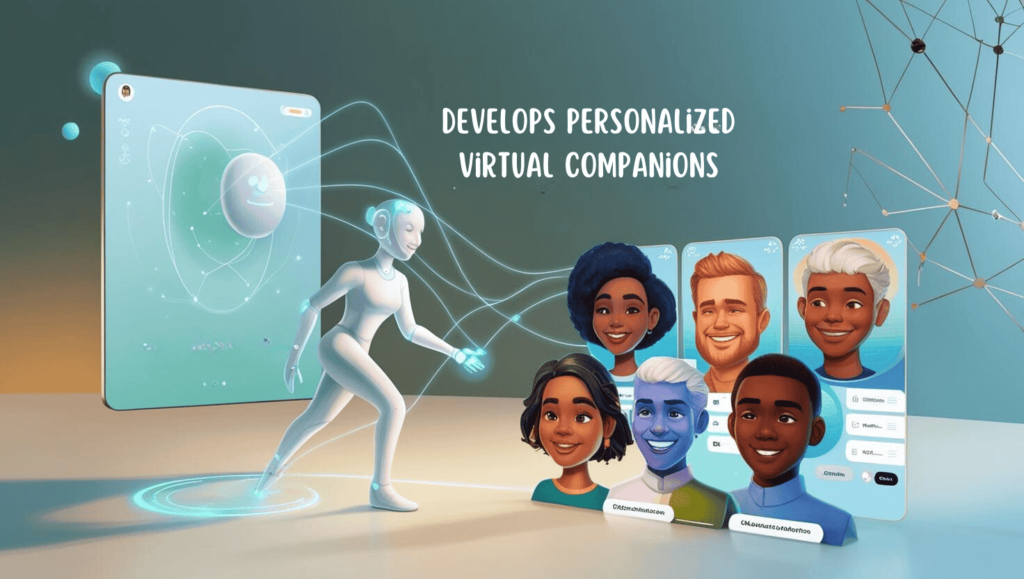
Conclusion
Talkie AI’s character creation is more than just a feature; it’s a gateway to a personalized, interactive digital world. By combining advanced customization, emotional intelligence, and user-driven evolution, it offers a unique experience unmatched by alternatives. Whether for emotional companionship, entertainment, or professional use, Talkie AI empowers users to bring their virtual visions to life effortlessly.
Dive into this innovative tool to explore the limitless possibilities of creating characters tailored to your needs. Learn more about Talkie AI features to discover how it’s setting the standard for the future of virtual companions.
